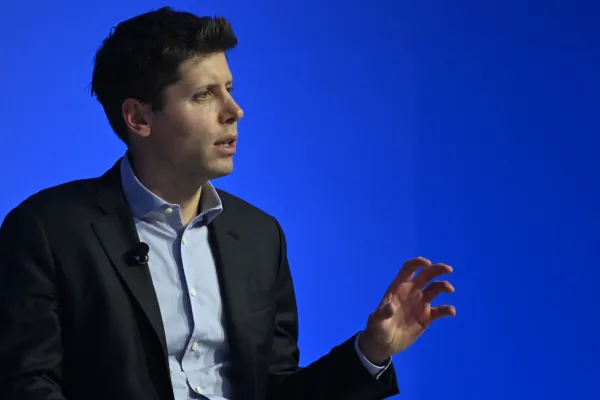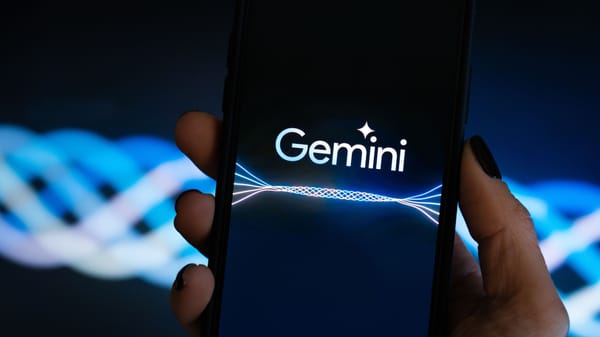Google Unveils Quantum Toolkit “DQI” to Tackle Tough Optimisation Challenges
The toolkit, named Decoded Quantum Interferometry (DQI), combines quantum interference patterns with powerful decoding methods to address difficult problems related to optimisation and decoding.

Google Quantum AI has introduced a new quantum algorithmic toolkit aimed at solving complex optimisation problems that classical computers struggle to handle.
The toolkit, named Decoded Quantum Interferometry (DQI), combines quantum interference patterns with powerful decoding methods to address difficult problems related to optimisation and decoding.
In an article published November 13, 2025, researchers Stephen Jordan and Noah Shutty explain that real-world optimisation challenges — like designing efficient airline routes or scheduling trials — remain difficult even for modern supercomputers. They argue that quantum computers could crack these tasks more effectively by leveraging DQI.
DQI works by converting optimisation issues into decoding problems on periodic lattices — a method which, in certain structured instances, can outperform classical techniques. For example, the toolkit showed how it could solve a class of polynomial-intersection problems using quantum operations in the millions, compared to roughly 10²³ operations estimated for classical computers.
The researchers state: “The DQI algorithm provides a powerful new toolkit for developing quantum optimisation algorithms. This approach … offers a new way to address one of the longest-standing questions in the field.”
While the technology is still theoretical and requires large-scale fault-tolerant quantum machines, Google’s announcement highlights a significant milestone.
By developing DQI and open-sourcing elements of the toolkit, Google aims to enable the broader research community to explore quantum advantage in optimisation — bringing quantum computing one step closer to practical impact.




